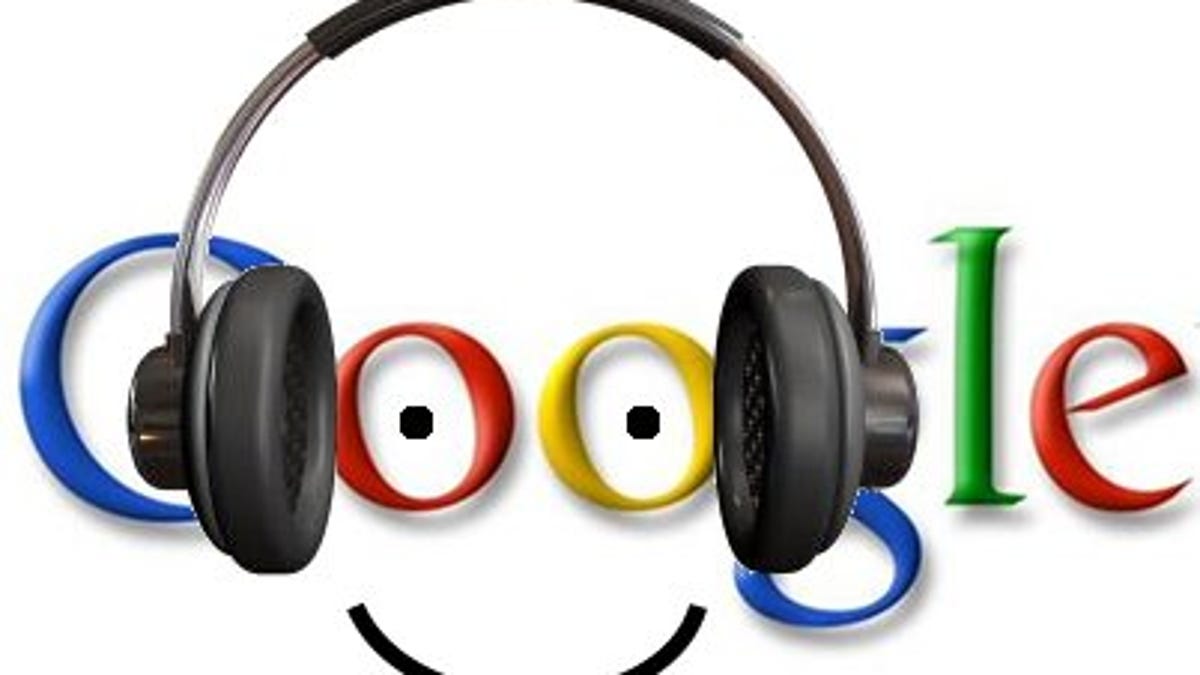How YouTube could ignite streaming music: Go mobile, go free
The service the entertainment industry has loved to hate (but still uses for promotional purposes) is in talks to take streamed music to its hundreds of millions of customers. It's all about mobile.

Google's YouTube, the entertainment industry's longtime "frenemy," is emerging as an important component of record label plans to adapt to consumers who are taking their music mobile.
A part of the streaming-music service that Google is aiming to launch this summer is a new YouTube product that would be designed for the desktop and mobile devices, according to a person familiar with the negotiations between Google and the major labels. Such a mobile offering, coupled with the powerful YouTube brand, could ignite the nascent streaming-music business, now led by Spotify for on-demand music and Pandora for Internet radio.
Warner Music Group inked a licensing deal with Google late yesterday, and talks continue with Universal Music Group and Sony Music, according to sources. The negotiations are part of a broader discussion between Google and the labels about launching two types of streaming-music services -- one that's part of Google's Android music platform, Google Play, the other that's part of YouTube. The broader plan, first reported last month by the Financial Times, was spelled out yesterday in a Fortune article.
YouTube music for mobile would include a combination of free offerings and subscription plans, sources said, though what the product would ultimately look like is still unknown. Some top music execs say they have yet to see it, and deal-makers are working out just what and how much should be available for free to consumers. While it's logical to think Google is trying to bolster its dominant Android business, music industry sources say Google is pitching this as a service for all mobile platforms.
If YouTube gets the rights to offer a powerful free streaming service on smartphones, it could be a game changer for music streaming. Streaming services accounted for an estimated 10 percent of all digital music revenue last year, according to a report released last week by the International Federation of the Phonographic Industry, and the music labels are banking on rapid growth. (Importantly, streaming has so far not hurt purchases on the dominant Apple iTunes Store, according to people at the labels.)
Google is digging deep to court the labels. Part of what Google is offering is to pay a fat, upfront fee for rights to their catalogs, according to a source familiar with the talks. Google, of course, has plenty of cash, and unlike the independent streaming services, it can afford to cut less-favorable deals upfront, since selling music isn't its primary business.
A YouTube representative didn't respond to questions about the potential mobile offering. YouTube confirmed in a statement that it's exploring the streaming business, saying that "there are some content creators that think they would benefit from a subscription revenue stream in addition to ads, so we're looking at that."
Money aside, this would mark a big change in attitude for the music industry. The labels have been reluctant to let partners offer too much free music on mobile devices. Not only have they feared that it would hurt download sales, but the mobile option is often part of the proverbial up-sell to consumers. People pay for portability. You can listen to Spotify radio with ads on your phone, for instance, but if you want access to on-demand streaming, you need to pay $10 a month -- and that generally translates into bigger, steadier payouts to the labels.
But the resistance to free, on-demand mobile streaming is already starting to change. Spotify, according to sources, is close to reaching a new agreement with the labels that would let it offer some free on-demand music on phones, something Spotify hopes will entice more people to become subscribers as consumers increasingly go directly to the app looking for music. Naturally, the labels are eager to help YouTube figure out the best mobile mix.
Besides Google's deep pockets, YouTube has another advantage: It has an ability to quickly influence consumer habits and to convince them to pay for their streaming music. That's been a struggle for Spotify, even though it now has an impressive 20 million users and 5 million paying subscribers.
YouTube is already the dominant, legal source of music, especially for younger people, and that's precisely the audience the labels want to capture. A Nielsen "Music 360" report from last August found that fully 64 percent of teens listen to music through YouTube rather than any other source. Moreover, YouTube boasts 800 million unique monthly viewers. If YouTube can migrate even a sliver of those to a mobile service and lure a portion of them to pay, it will very quickly outflank all rival services.
Much work is still to be done, of course, and temperamental music execs could still scuttle the deal and trip up Google's plans. Or Google could come out with a bad product. Or Google's move could end up educating the masses, helping fuel growth for the likes of Spotify, Deezer, Rdio, and the many others. Or Apple's long-rumored iRadio could turn into something meatier and upstage Google's efforts.
But for now, Google, the company that has irritated so many in the record industry for so long, is looking like the labels' best bet to hitch a ride on what looks like an unstoppable migration to mobile.

